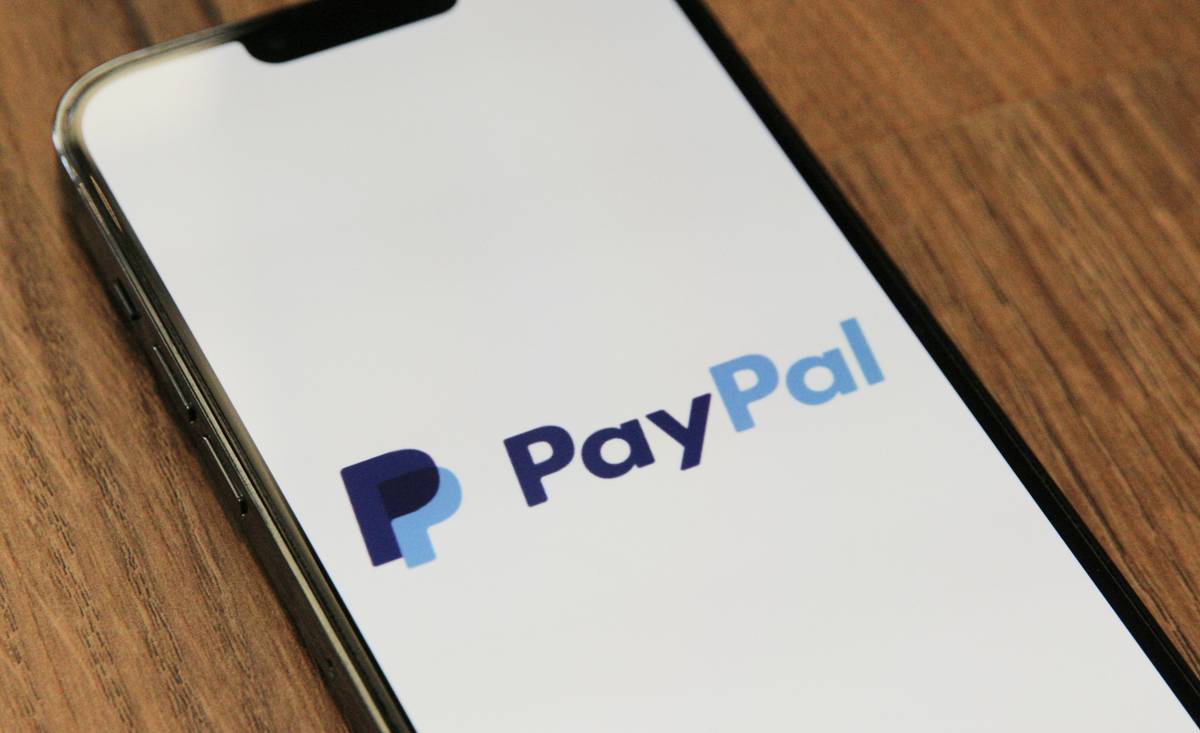Ever been hit with a sudden financial curveball, like an unexpected car repair or medical bill, and thought, “There’s no way I can make this month’s payment”? Yeah, us too. It’s stressful, overwhelming, and downright panic-inducing. But here’s the good news: payment delay through loan deferment might just be your lifeline during these tricky times.
In this blog post, we’re diving deep into everything you need to know about navigating a payment delay. From understanding what it is to getting approved—and even avoiding rookie mistakes—we’ve got you covered. By the end of this article, you’ll feel confident tackling any payment-related hiccup life throws at you.
Table of Contents
- Why Payment Delays Happen (And Why They Matter)
- How to Request a Payment Delay Step-by-Step
- Top Tips for Managing Your Payment Delay Like a Pro
- Real-Life Success Stories of Payment Delay Heroes
- Frequently Asked Questions About Payment Delays
Key Takeaways
- A payment delay, also known as loan deferment, allows borrowers to temporarily pause payments during financial hardship.
- Eligibility depends on factors such as lender policies, loan type, and documented proof of financial distress.
- While helpful in the short term, extending a payment delay could lead to higher overall interest costs if not managed carefully.
Why Payment Delays Happen (And Why They Matter)

I once forgot to set up automatic payments for my credit card after moving apartments. Fast forward two weeks—I had $300 in late fees and a bruised credit score. Sounds familiar? Or maybe you’ve been there when layoffs struck your company unexpectedly, leaving you scrambling to cover basics, let alone monthly debts.
This is where payment delay becomes crucial. Whether it’s due to unemployment, medical emergencies, or natural disasters, asking for a temporary break from repayments can prevent further damage to your finances. However, don’t get too cozy—deferments aren’t free passes; they come with strings attached:
- Interest may still accrue depending on your loan terms.
- Deferring doesn’t mean forgiving—the balance eventually comes due.
- Too many requests over time could raise red flags with creditors.
Rant Section: Ugh, why do some lenders make their deferment applications so complicated? Filling out forms feels like trying to solve a Rubik’s Cube blindfolded while being chased by bees. Simplify, please!
How to Request a Payment Delay Step-by-Step

- Contact Your Lender: Reach out ASAP via phone or email. Be upfront about your situation—they’re more likely to help if you’re honest.
- Gather Documentation: Proof of income loss, medical bills, or other hardships will strengthen your case.
- Fill Out Forms: Prepare yourself mentally—it won’t always be fun. Think of it as wrestling a stubborn printer.
- Negotiate Terms: Discuss how long the deferment lasts, whether interest accrues, and when repayment resumes.
- Confirm Everything in Writing: Protect yourself legally by getting all agreements documented.
Grumpy Optimist Dialogue:
Optimist You: “Follow these steps, and you’ll breeze through applying!”
Grumpy You: “Breeze? More like trudging uphill through quicksand—but hey, caffeine helps.”
Top Tips for Managing Your Payment Delay Like a Pro

Avoid These Terrible Tips
- Don’t Ignore Bills Hopefully Waiting for Grace: Silence isn’t golden when dealing with creditors; proactive communication is key.
Instead, Try These Winning Strategies
- Create a strict budget focused on necessities only—not Netflix subscriptions right now.
- Explore alternative income streams like freelancing gigs or selling unused items online.
- Consult a financial advisor for personalized advice tailored to your unique situation.
- Build an emergency fund post-deferment to cushion future shocks better preparedness equals less stress later.
Real-Life Success Stories of Payment Delay Heroes
Jenna, a small business owner, faced massive cash flow issues during COVID-19 lockdowns. After requesting a six-month deferment on her business loan, she reinvested saved funds into digital marketing strategies that boosted her revenue significantly upon reopening. Her secret weapon? A clear plan paired with open dialogue with her bank.
Another example includes Mark, who suffered a serious injury preventing work for several months. By deferring mortgage payments strategically, he avoided foreclosure and regained stability faster than anticipated.
Frequently Asked Questions About Payment Delays
Can Anyone Apply for a Payment Delay?
Nope. Eligibility varies based on individual circumstances and lender rules. Typically, significant life events affecting your ability to pay qualify.
Will Deferring Payments Hurt My Credit Score?
If done correctly (and communicated properly), deferments shouldn’t negatively impact your score. Always ensure agreements are formalized in writing.
Is Interest Charged During a Payment Delay?
Depends on your loan agreement. Some loans continue accruing interest, whereas others offer grace periods without added charges. Read the fine print!
Conclusion
Navigating a payment delay can feel daunting initially, but armed with knowledge and strategy, you’ll emerge stronger and wiser. Remember: honesty with lenders plus solid planning equals success.
Like dial-up internet connecting back in the ’90s, patience pays off slowly yet surely. Stay resilient, stay informed, and take control of your financial destiny one deferred step at a time.
Haiku Time:
Life throws scary bills,
Pause, breathe, defer wisely.
Tomorrow shines brighter.


